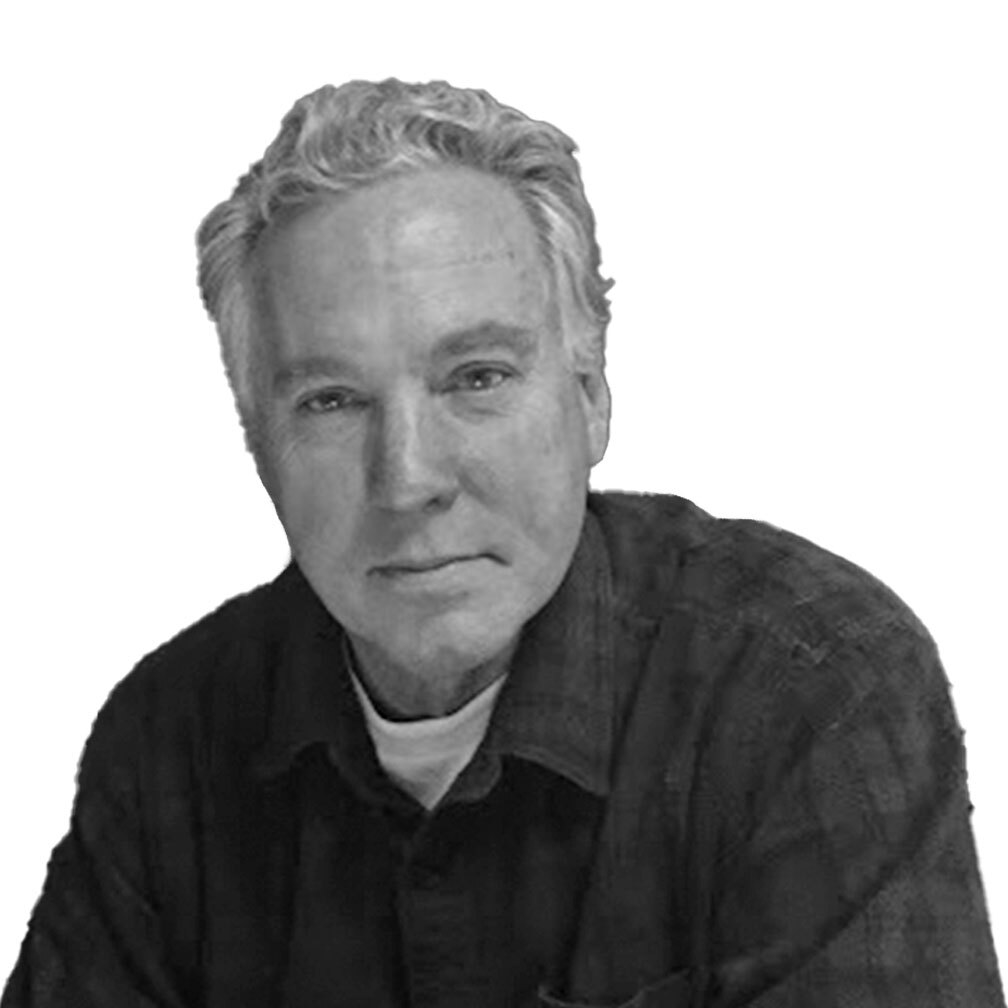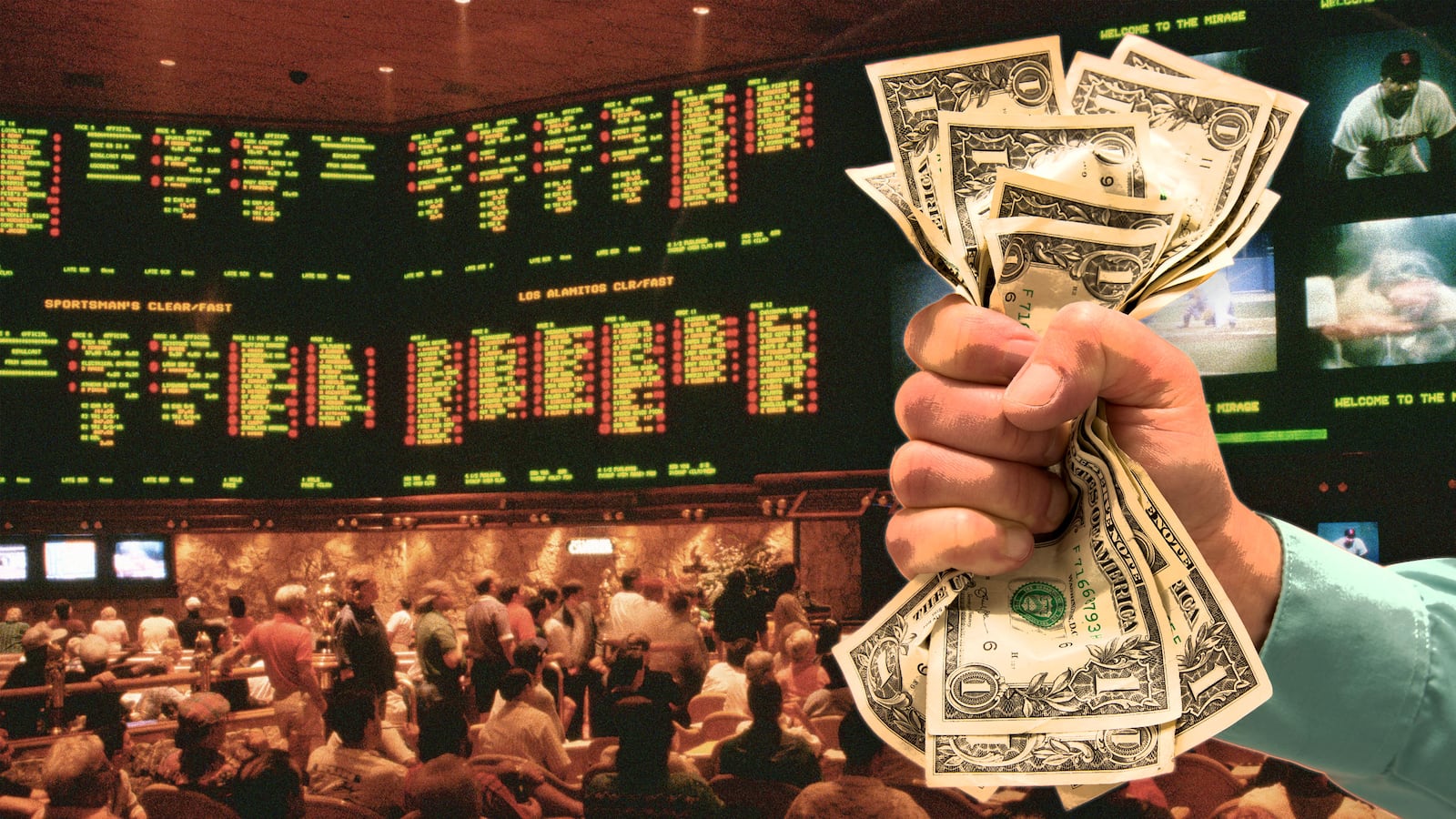Sports handicapping isn’t known for its sentimentalists. When your life is devoted to the endless analysis of the games people bet on, there isn’t much call for poetic reflection or quotes from the Bard.
But that’s what set Dave Malinsky apart from much of the subculture of prolific sports blog writers and street-wise accountants who comprise the handicapping and oddsmaking racket. Malinsky’s versatility as a writer and radio show broadcaster made his commentary entertaining and informative for more than three decades in Las Vegas.
If that alone were how Malinsky is remembered, it would be enough for his family and many friends to honor his recent death at age 57. He died in an apparent fall while hiking at Mount Charleston.
The outpouring of affection for Malinsky is well deserved, legendary oddsmaker Michael Roxborough said, but is all the more special coming from the double-tough world of sports betting. It’s a crowd known far more for sarcasm than shedding a tear.
“In the sports business, nobody ever says anything nice about anybody,” Roxborough said. “Malinsky is a real exception to this. Everybody’s got a nice story about him. It’s deserved. He really was a nice guy, but in Las Vegas everybody has an ax to grind, it seems like.”

Not this time. As Internet tributes remind readers, Malinsky brought much more than that to his life. He enjoyed the best food and drink, could quote Shakespeare because he’d read the plays. While like many analysts he had an incandescent memory of sports and statistics, he was capable of rendering even the well-trodden story lines in refreshing ways.
His friends never ceased to be impressed by Malinsky, not merely because of his vast knowledge of sports and betting, but because he managed to speak with depth without stooping to pedantry. His own sense of self-deprecation was illustrated in the byline he used for the thousands of columns and articles he wrote for a long list of betting publications: “Professor Wagstaff,” the Groucho Marx character in the classic comedy Horsefeathers.
It was the good professor who inherits the coaching duties of the university football team and instructs one player, “My boy, get in there and play like you did in the last game. I've got five dollars bet on the other team.”
Malinsky had a sense of humor and used it, but he was a gentleman who could also read a wine list and knew every gourmet room and hole-in-the-wall spot in Las Vegas.
He wrote a blizzard of words on sports. When Roxborough wasn’t busy making the Stardust sports line in the early 1980s, he co-hosted the casino’s popular radio show with journalist and author Arne Lang. That’s when he first met Malinsky, who came from Pennsylvania in 1984 and eventually would inherit the microphone. Roxborough marveled at Malinsky’s inexhaustible writing chops.
“He could take dry statistics and spin off 750 or 1,000 words while he’s eating lunch, and it would be compelling,” the oddsmaker recalled. “He reveled in the Internet because there was no limit to the amount of words he wanted to write.”
That intellect and ability made his friend, longtime sports book executive and handicapper Russ Culver, wonder whether Malinsky could have been successful at a much higher level.
“He could quote Shakespearean tragic heroes and was just as comfortable talking about Hunter S. Thompson,” Culver said. “He could talk about Lou Reed. He could talk about John Prine. I’ve never met a nicer person in the business. With his talent, he could have written anything. It’s kind of sad that he spent his whole career studying sports handicapping because he was capable of so much more. He knew politics. He was kind of enjoying himself, but he had a mind that could have taken on much more complex issues.”
In addition to being a writer, Malinsky was a community volunteer and avid hiker and sensitive and capable photographer who regularly captured the rugged beauty of the ancient bristlecone pines in Mount Charleston’s top country. It was near there his body was found after a lengthy search. In a moving Facebook tribute, his niece Hope Ellis said her uncle liked to call the trees his “Old Friends in High Places.” She wrote in part, “We find comfort in knowing he passed doing what he loved and is now resting peacefully among his friends.”
Longtime sports writer and handicapper Stephen Nover joined Malinsky on dozens of radio talk shows. Nover recalled, “He was the smartest guy in a room full of smart people. He was also the most low-key. There wasn’t a person or subject he wasn’t acquainted with and couldn’t offer a witty and interesting comment about. You could talk to him at so many different levels... He was multi-talented. Tremendous original sports handicapping insights. Supreme writer. Highly articulate.
“People would learn not just about sports, but about life from his wisdom... Dave had many friends from many walks of life. “
After learning the news of his friend’s death, a stunned Nover was once again reminded of Malinsky’s impressive intellect.
“In a way he reminded me of Sherlock Holmes because his brain encompassed so much, and he was so sharp,” Nover said.
And Malinsky worked without a Watson. During one live radio broadcast, Nover tried to trip up Malinsky with a question he couldn’t possibly answer: Who was Nover’s all-time favorite Notre Dame football player?
While managing the show, Malinsky went to work using Nover’s background, age, hometown, and own personality to narrow the choices from the too-obvious stars to the players who emerged in an era in which young boys who grow up to be wisecracking and highly skeptical handicappers have such things as favorite players. Malinsky used deductive reasoning to whittle the scores of players to a few, then he said, “Coley O’Brien.”
Professor Wagstaff was right again.
The world of sports handicapping will miss that remarkable mind.





